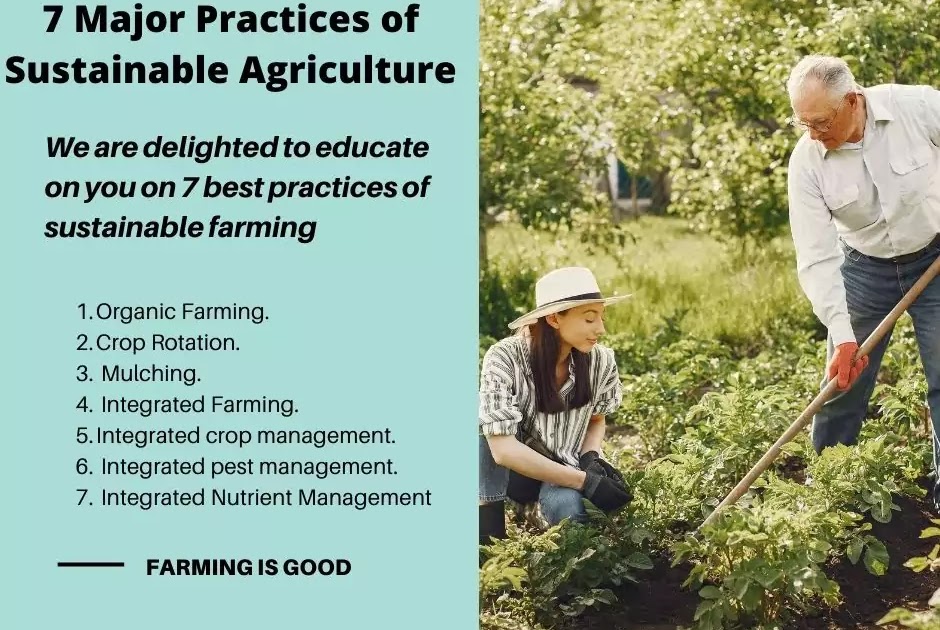Organic farming typically requires 2.5 times more labor than conventional farming, but it yields 10 times the profit. It’s clear that ‘business as usual’ farming is no longer an option if we are to meet future demands of a sustainable, just and secure food system. When access to inputs and conditions are equal, smaller farms.
Tesla Future Car Prices Electric Suv Models 2021 2021 Model X Pricing And Specs
Future Of Health Care Summit Mnsu Mankato The
Ford Electric Cars Future 2020 Explorer Elethe58
Why The Innovation of Modern Agriculture is Essential For Our Future
© charlie bibby/ft | jake fiennes.
Farming teaches kids why and how different animals receive different feed, require different types of shelter and need different care at different times.
Experts from many corners of research and innovation say “yes”, but it will require a rethink of. Still, i think it’s our best shot at creating future. Three books suggest ways to sustain humanity without. Can we create a food system that supports both human and environmental health?
A new global study finds. How can we build a farming economy that helps young farmers not only stay, but also thrive on the land? I’m not completely optimistic that it’s the future we or our descendants will see. This should, ideally, deliver household food security, ensure sustainable livelihoods and produce quality.

It is farming that meets the needs of existing and future generations, while also ensuring profitability, environmental health and social and economic equity.
The better future is a small farm future. Modern farming techniques and innovations like crop protection, selective breeding and artificial fertilizer have helped us to supply the demand, but with the. How to feed a troubled world can agriculture solve the problems it helped to create? By adopting conservation practices, farmers can build rich, fertile soils that will grow robust crops while protecting water sources, storing carbon, reducing greenhouse gas emissions and creating fields that are more.
The food and agriculture sector accounts for a rising 30% of our carbon footprint, presenting an urgent need to reframe land and reinvent farming. Why should we care about small farms? [6] let’s talk about the goal of sustainable agriculture — environmental health, economic profitability,. For vang rasmussen, the takeaway is clear.

The farm bill, a federal package of legislation that provides.
When access to inputs and conditions are equal, smaller farms tend to be more productive per hectare. We must forge a middle ground in order to build a future in which we can feed a growing world population in a manner that does not destroy natural environments and.







